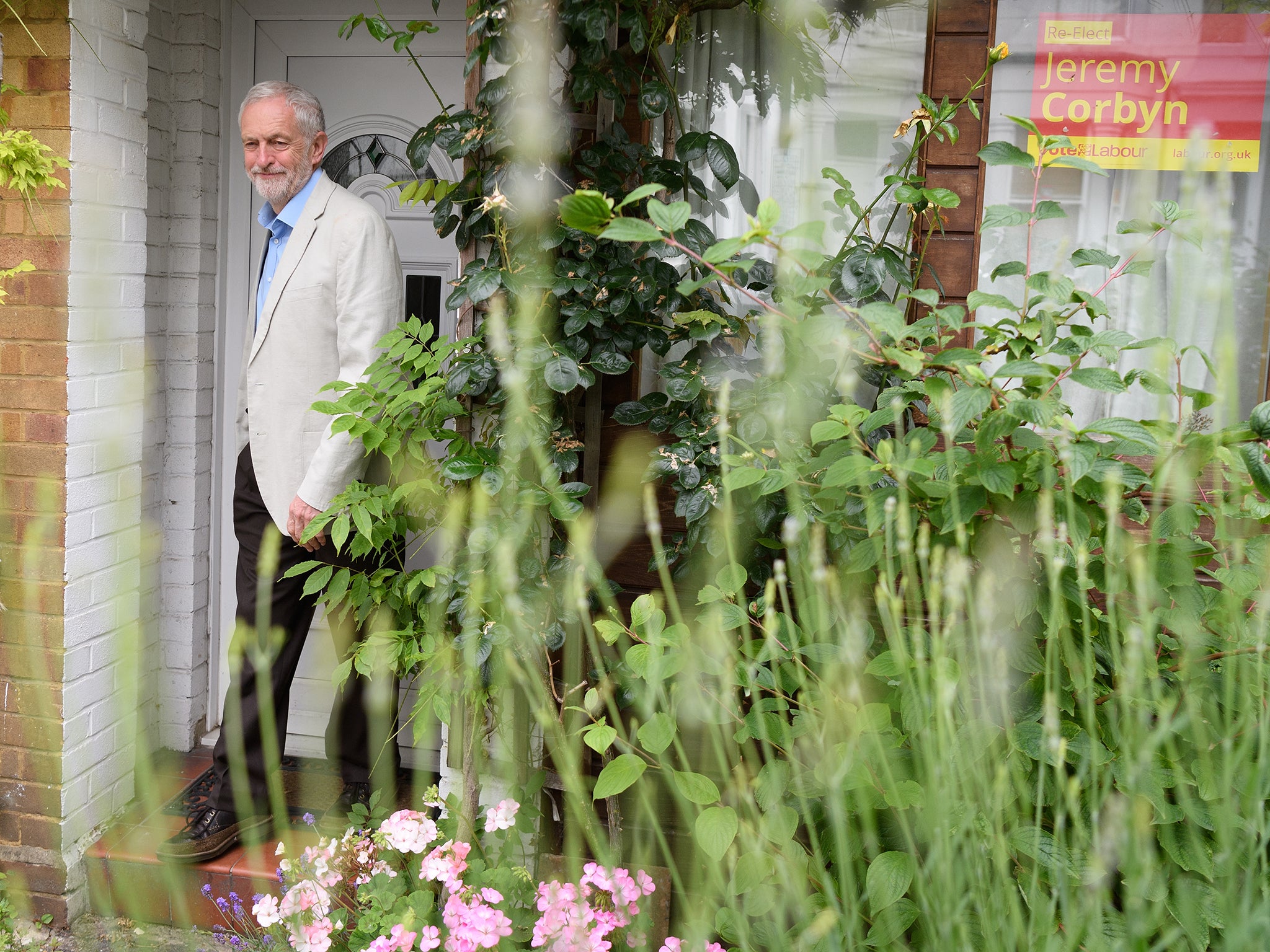Majority of every worker group voted for Labour over Tories except retired, election poll finds
Majority of those in work, unemployed or in education back Labour over the Tories, survey reveals

Your support helps us to tell the story
From reproductive rights to climate change to Big Tech, The Independent is on the ground when the story is developing. Whether it's investigating the financials of Elon Musk's pro-Trump PAC or producing our latest documentary, 'The A Word', which shines a light on the American women fighting for reproductive rights, we know how important it is to parse out the facts from the messaging.
At such a critical moment in US history, we need reporters on the ground. Your donation allows us to keep sending journalists to speak to both sides of the story.
The Independent is trusted by Americans across the entire political spectrum. And unlike many other quality news outlets, we choose not to lock Americans out of our reporting and analysis with paywalls. We believe quality journalism should be available to everyone, paid for by those who can afford it.
Your support makes all the difference.Retired voters were the only employment group to support the Tories over Labour in the general election, according to a new poll.
Jeremy Corbyn’s party was backed by a majority of working people, including those in full-time and part-time employment.
A majority of those identifying as unemployed or students also backed Labour, a YouGov poll taken in the five days after the election showed.
The survey will offer little comfort to Theresa May, who suffered a humiliating election night on Thursday when her majority was reduced in the Commons, leaving her dependant on support from the Northern Irish unionists to form a new government.
Labour’s appeal among young and student voters was boosted in the weeks before polling day after Mr Corbyn’s pledge to scrap university tuition fees.
The latest YouGov findings suggest the Tories are struggling to win support even among those in employment, despite claims to be “the workers’ party”.
According to the survey, 63 per cent of retired voters backed the Tories, while just 24 per cent opted for Labour.
The remainder was split between the other parties, including 7 per cent for the Liberal Democrats.
However, those working part time (fewer than 30 hours a week) showed a slight preference for Mr Corbyn’s party, with 44 per cent expressing support for Labour to 40 per cent for the Tories.
The share among full-time workers (more than 30 hours a week) was even better for Labour, with 45 per cent backing the party versus 39 per cent who favoured Ms May.
Full time students backed Labour by 64 per cent to the Tories 19 per cent and the Lib Dems 10 per cent, while more than half (54 per cent) of unemployed voters in the 2017 election gave their backing to Mr Corbyn, compared to 28 per cent favouring the Tories.
Several Labour MP’s attributed their surprise success in the snap election to the youth vote.
Tim Bale, politics professor at Queen Mary University of London, said young people had borne the brunt of austerity measures embraced by the Conservative-led governments since 2010.
"They're worried about housing, tuition fees, the gig economy, stable jobs — it's no surprise they are fed up," he said.
Government figures showed more than two million people aged 34 or under signed up online to vote in the month before the 22 May registration deadline — compared to 1.46 million in the same period ahead of the 2015 election.
The YouGov survey, described by the pollster as “one of the biggest surveys ever undertaken into British voting behaviour”, was based on responses from 52,615 British adults taken between 9 and 13 June who voted in the 2017 general election.
Join our commenting forum
Join thought-provoking conversations, follow other Independent readers and see their replies
Comments